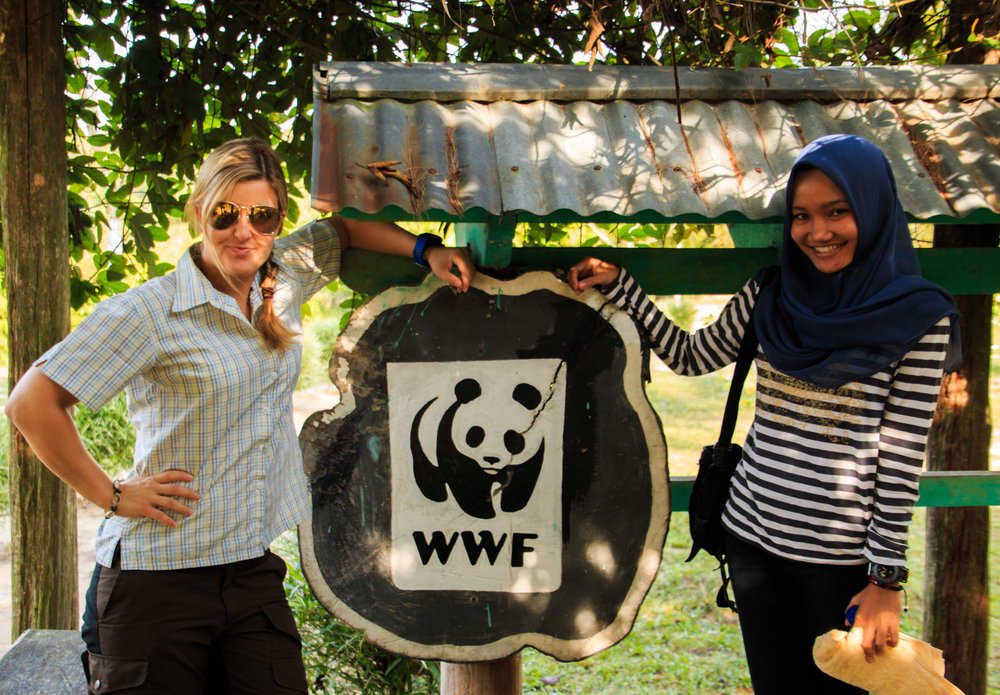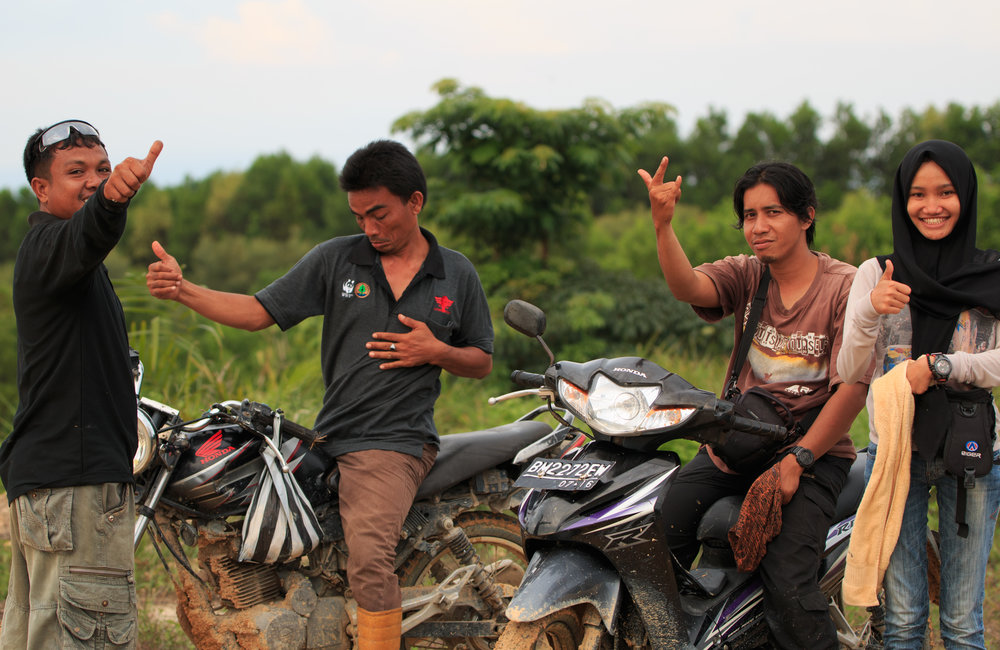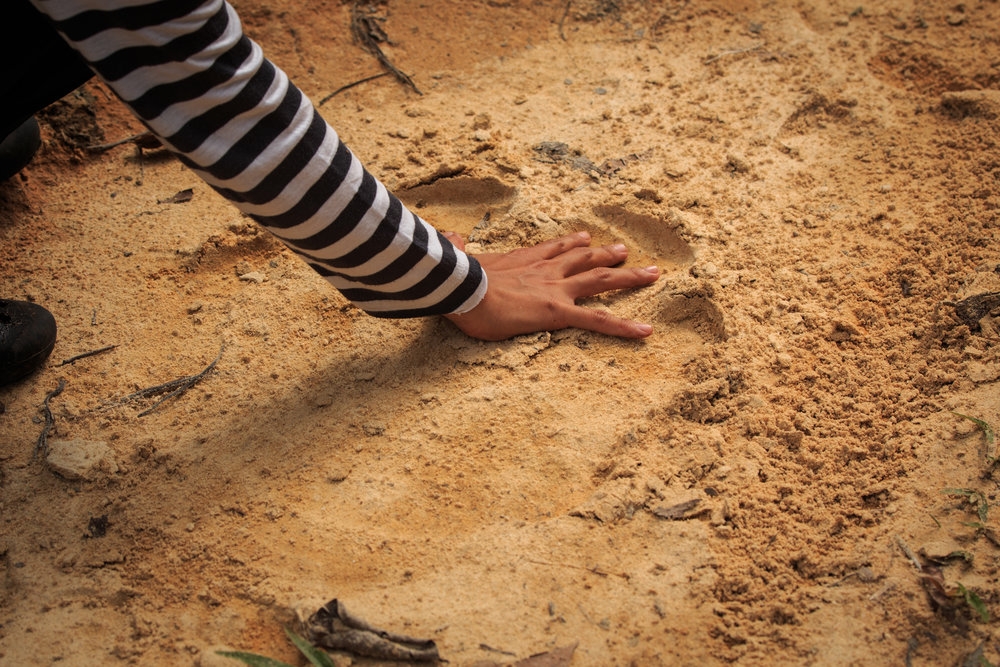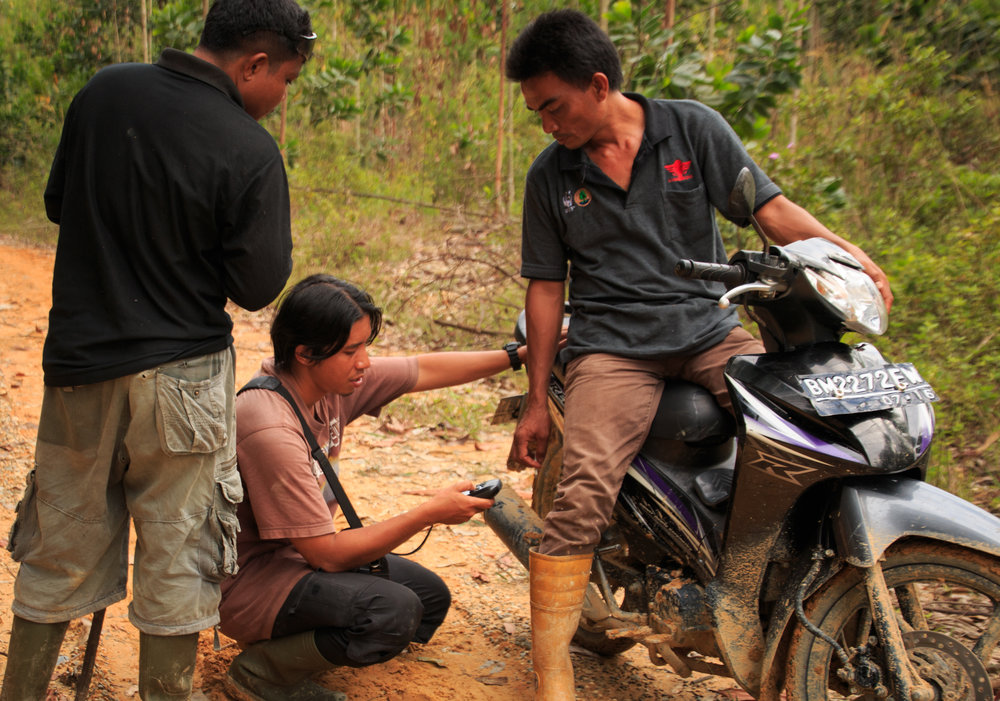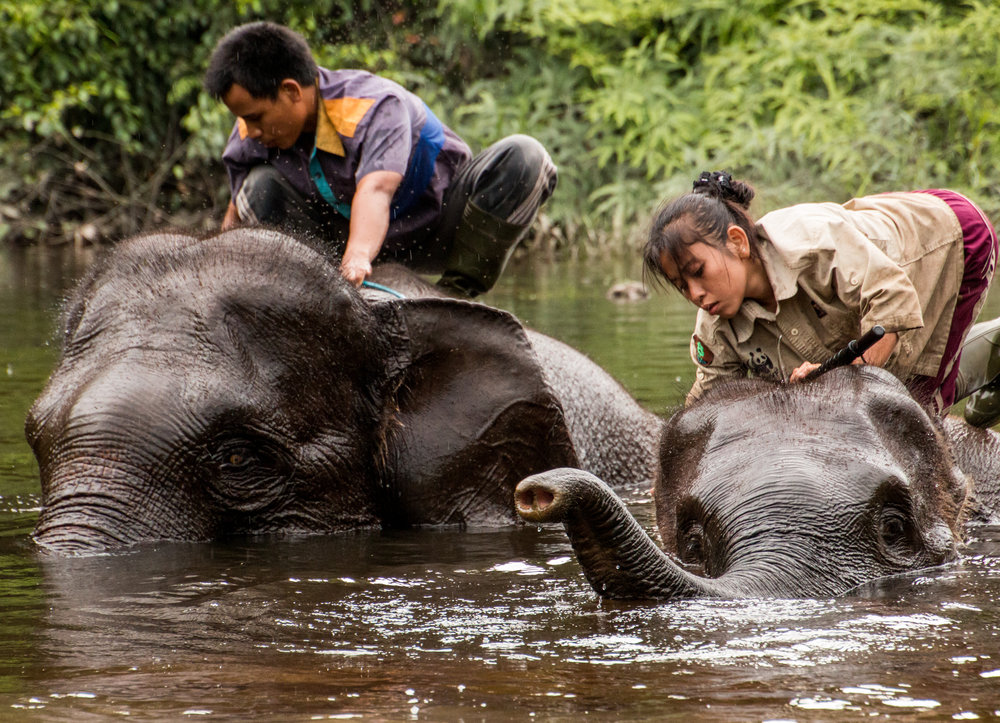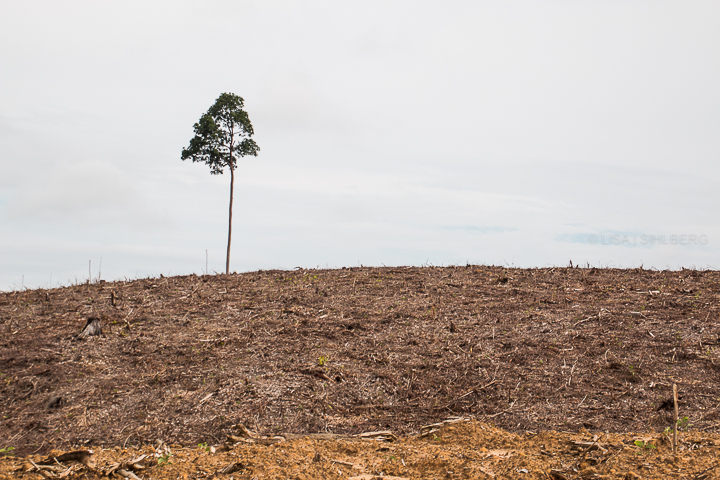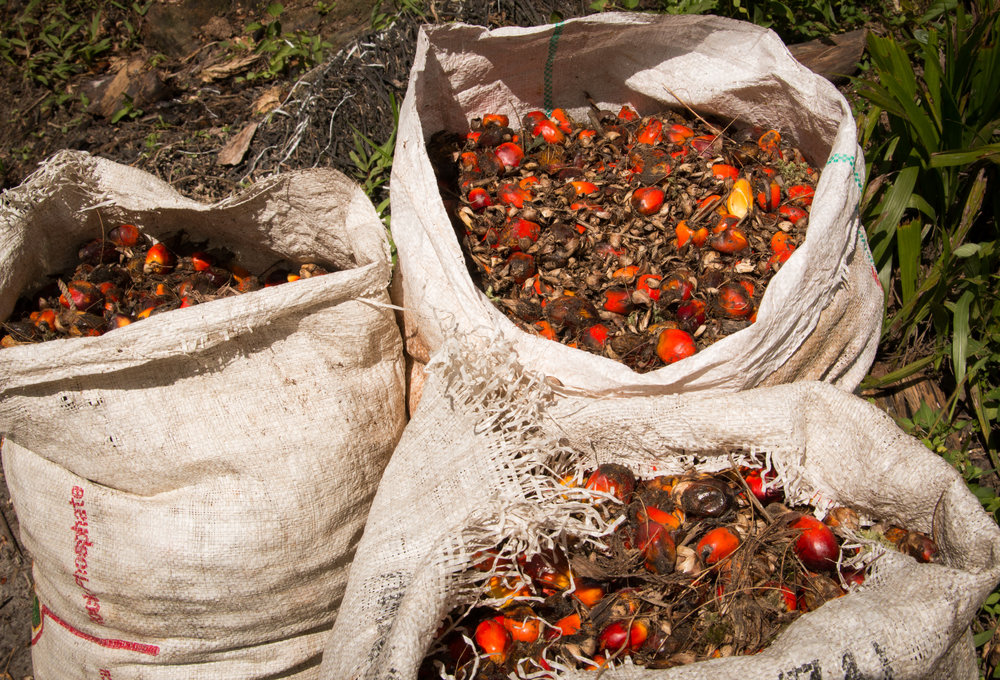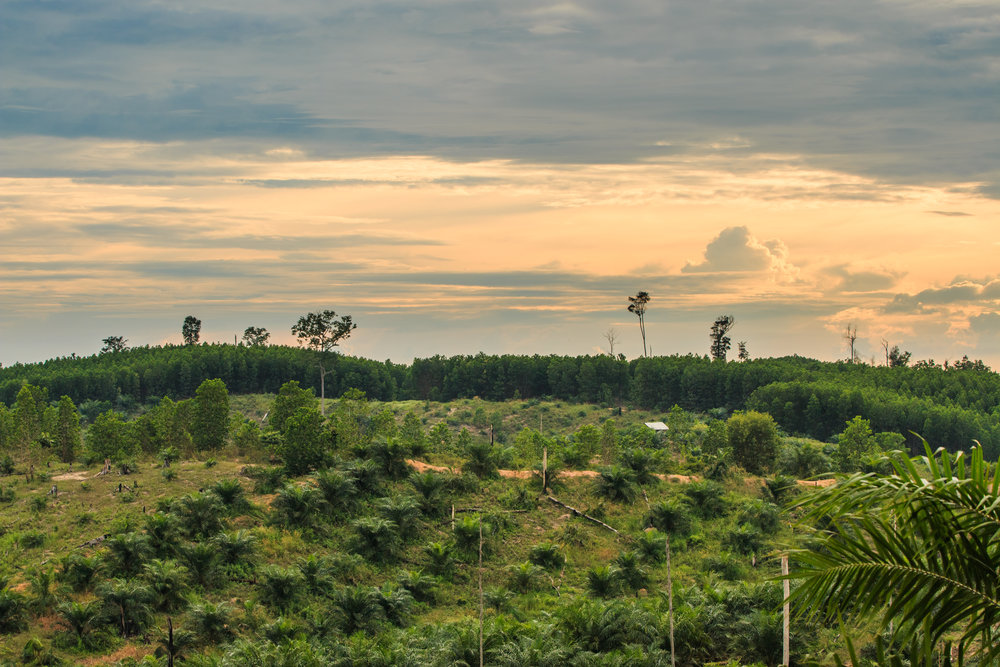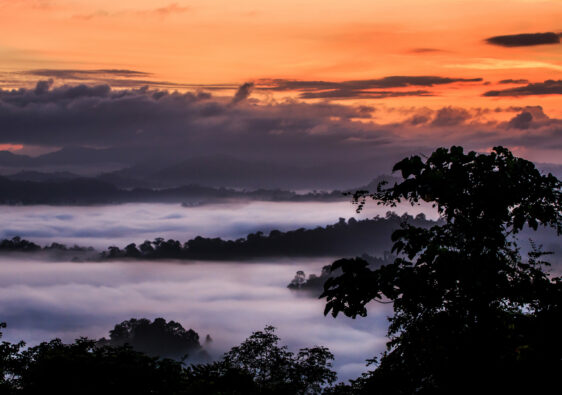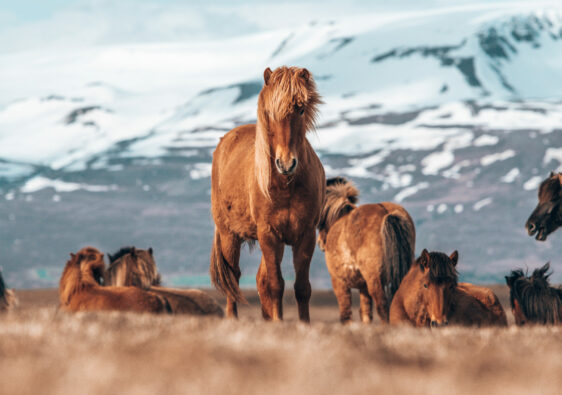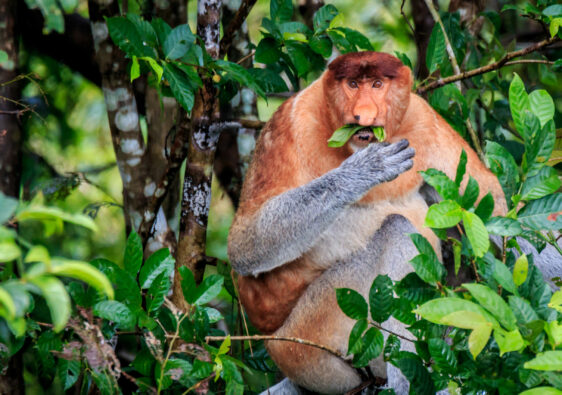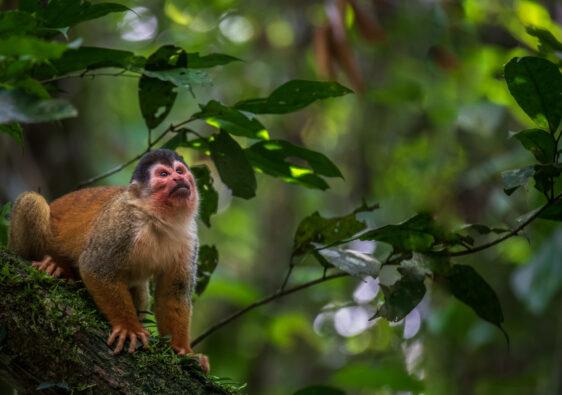During the expedition to Sumatra I documented aftereffects of rain forest destruction due to oil ore production together with the WWF -Flying squad.
Until the 1980s covered Riau province on Sumatra of 1.6 million hectares of the world’s most valuable lowland rainforest. Today there are only 80 000 ha of the left and the year 2020, 98% of the total area of Sumatra’s rainforests be avverkad.Den 83,068 hectares and Tesso Nilo in central Sumatra was covered before the rain forest areas accounted home to a high number of plant and animal species, and has also served as a corridor and stairwell to a number of nature reserves including the Sumatran tiger. Today, more than a third, 35 416 ha of valuable rainforest felled and replaced with trämassa- and palm oil plantations.
Several of palm oil plantations are illegal and have been created by the 2,500 farmers who are now in the national park illegally devastated rainforest to grow their oil palms. In Indonesia, it is legal to cultivate an area of more than 25 km2 without registering his plantation outside the national parks. But in many cases subject to a number of these illegal small farmers in a larger organized palm oil production company which helps large expanses of palm oil plantations prepare themselves out before they noticed. In Sumatra is estimated that today are about 2,500 wild Sumatran elephants, of which 250 live in Tesso Nilo National Park. That they live create conflicts between them and farmers where elephants often wander into villages and looking for food or destroying palm oil plantations by eating the oil palm fruits. Conflicts between farmers and the wild Sumatran elephants often ends tragically by the elephants shot or poisoned. Then cut even elephants’ tusks and sold illegally because the ivory has a very high value on the black market. For three days, I documented the illegal palm oil plantations in Tesso Nilo with WWF Sumatra and also followed with their elephant patrol “Flying Squad Tesso Nilo” to see how to tame elephants help resolve conflicts between farmers and wild elephants. The eight elephants in the “Flying Squad Tesso Nilo” is taken from various parks and trained to scare back the wild elephants to the forest as they approach the villages. Additionally patrol the day with their mahouts, elephant trainers, in order to ensure that no more illegal palm oil plantations occur inside the National Park. For the squad also includes a number of rangers who daily GPS marks, tracks and notice changes among the wild elephants. The work of WWF and the “Flying Squad Tesso Nilo” perform along with the organization RSPO (Roundtable on Sustainable Palm Oil) is incredibly important to preserve the rain forest and the wild elephants, tigers and other species living in the national park. After two days of tracking, I found together with WWF to end a herd of nine elephants in a large eucayplytusplantage. In the pack were four calves and even though we managed to sneak close, about ten meters from the flock, they seemed not significantly concerned without peeled in peace and quiet of the bark of the trees that they had broken off. Yal, one of the WWF’s forest ranger is convinced that these and the other about 250 elephants in Tesso Nilo will be extinct within three years, despite great efforts from both the WWF and the RSPO. If the demand of non-sustainable palm oil continues to grow and we consumers do not require palm oil, more oil palm plantations prepare themselves out among Sumatra’s rainforests and further reduce the habitats and increase the threats of the last 2500 Sumatran elephants. In today’s rate devastated 1.3 million ha rainforest annually in Indonesia.
